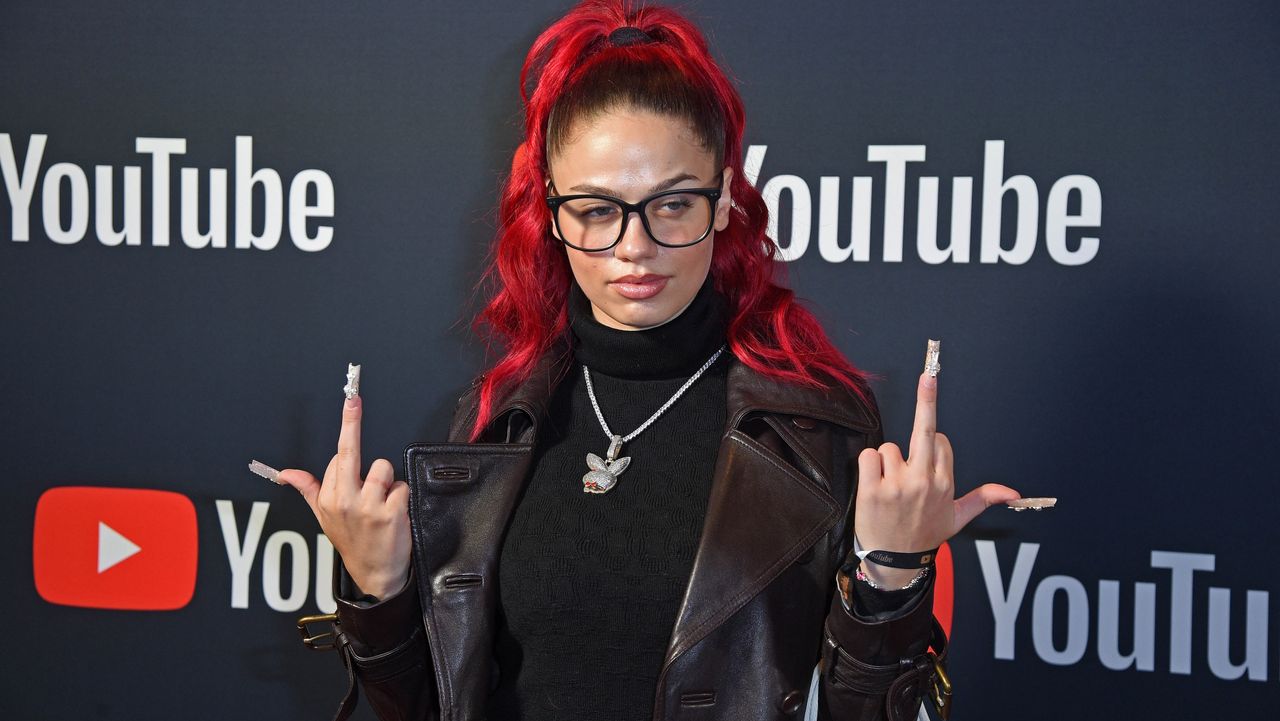Back in 2022, YouTube introduced new rules for creators on its platform that demonetized videos containing “strong profanity” profanity in the first seven seconds. The results were not great: Unclear policies and uneven enforcement left more than a few YouTubers up in arms over the potential threat to their livelihoods.
Several months later, YouTube eased up a little bit, saying videos containing “moderate profanity” would be eligible for full monetization while those using “stronger profanity” in the first seven seconds or “repeatedly throughout the majority of the video” would be eligible to run “limited ads.” Better, yes, but by much, and still unnecessarily vague and confusing.
Now it’s finally quit horsing around: As of today, F-bombs and all the other good words will no longer result in demonetization, even if they’re dropped within the first seven seconds.
The previous policy was put into place, Connor of YouTube explains in today’s video, because advertisers wanted “distance” between their ads and the swears. That apparently is no longer the case: “Those expectations have changed and advertisers already have the ability to target content to their desired level of profanity.”
So what kind of profanity are we talking about here, exactly? “Moderate profanity is words like ‘asshole’ or ‘bitch’,” Connor says. “Strong profanity includes words like ‘fuck.’ I don’t think we need to use more examples, but you get the idea.” I do get the idea, but it’d still be more fun to have more examples cited.
Connor also points out that this is not a green light to turn every YouTube video you make into a Trailer Park Boys compilation.
“You have to pick and choose your fucks carefully,” he says, warning that a “high frequency” of strong profanity will still violate YouTube’s advertiser-friendly guidelines. Monetization will also be limited for videos that use either moderate or strong profanity in titles or thumbnails, and the use of “extreme profanity”—racist or homophobic slurs, specifically—will still result in complete demonetization.
It’s not a complete free-for-all then, but it still strikes me as a meaningful improvement over the previous rules, which were honestly kind of silly: Who decided that seven seconds was the appropriate window between the end of the ad roll and the first f-sharp? More importantly, though, is the practical upside. Eliminating that seven-second swear buffer means it should be harder for YouTubers to accidentally break the rules now, and for those who rely on their channels for income, that’s a pretty big deal.
